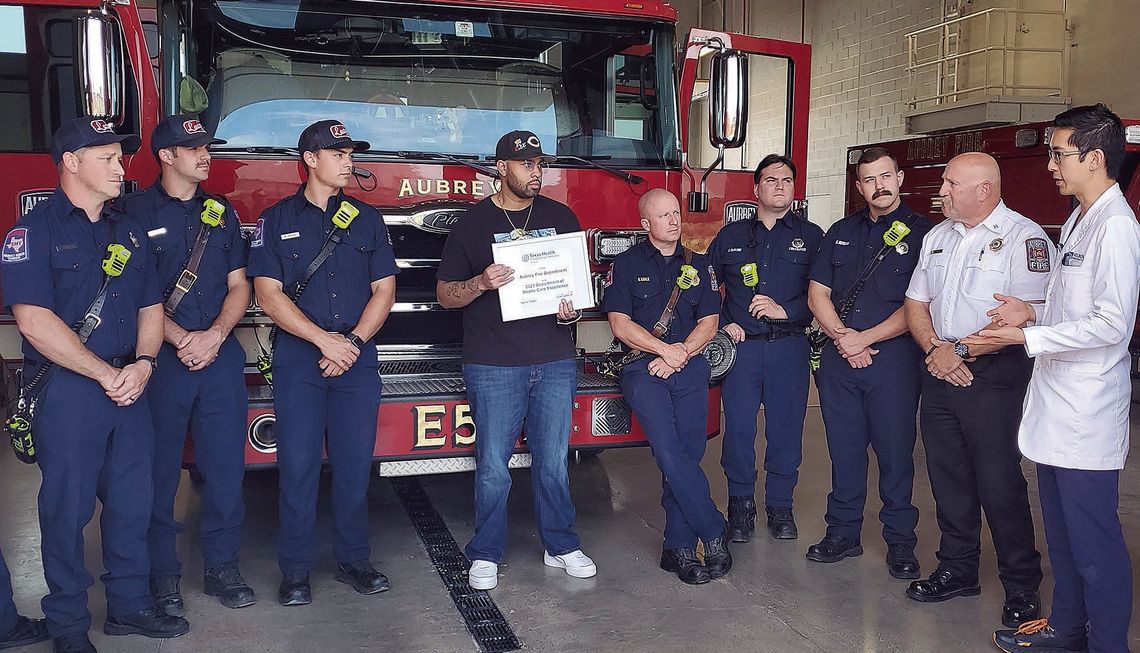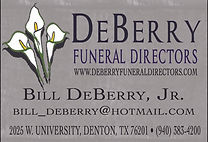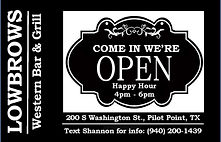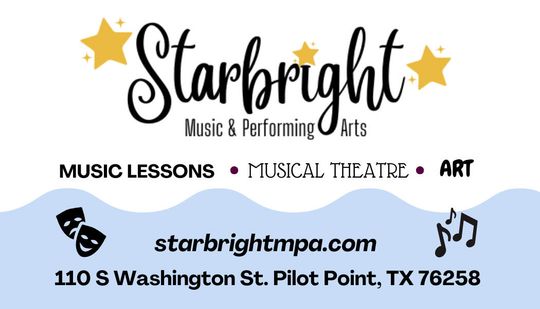Aubrey Fire Department’s Medic Crew 523 received a special follow-up with a stroke survivor on May 28, thanks to Texas Health Plano.
Alongside 24-year-old survivor Cameron Love, the hospital recognized the crew by awarding them with the 2025 Stroke Care Excellence Award and reuniting them with their patient.
“They earned the award without a question,” Love said. “Everyone who I had an interaction with took really good care of me, so I’m very appreciative.”
Love suffered his stroke on April 2.
“I remember waking up, [and] I had a very sharp feeling in my head but thought it was just a migraine and brushed it off,” Love said. “I proceeded to put my socks on but noticed I was confused a little bit. The next thing I knew, my entire body went numb, and I ended up falling. Luckily my dad was next door, so I banged on my dresser.”
Love’s father hadn’t left the house yet and was the one to call 911.
“They picked it up pretty quick, got to my house in 5-10 minutes and noticed my face was kind of droopy and my speech was slurred completely, so they diagnosed me pretty quick,” Love said.
AFD Capt. Eric Brooks accepted the award on behalf of the department and spoke about the crew.
“We’ve got really young paramedics here, and the fact they are so eager to practice aggressive paramedicine and work for our citizens speaks volumes,” Brooks said. “It’s a double-edged sword. They’re very aggressive but don’t have experience. They are like sponges, so when you offer them training, they’re eager to learn.”
The crew consists of two veterans in Capt. Brad McCallan and Chris Krouskup, as well as a pair of young men in Collin Cook, who just finished his first year in the fire service, and Ethan Stump, who was hired in December and is still finishing paramedic school.
“It’s really an honor to be awarded this,” Brooks said. “Since Chief Schlotter and I got here, the pride and professionalism we’ve seen in our paramedics is stellar.”
Dr. Ryan Cheung, the neurologist who worked on Love at the hospital, presented the award and later spoke about the critical role time plays in stroke victims.
“We try to treat patients as quickly as possible from the moment they come through our doors,” Cheung said. “We like to use a phrase, which is ‘time is brain.’ Every minute that there is a vessel large occlusion, such as Cameron had, 1.9 million neurons die, so it’s really a race against the clock.”
Both Brooks and Cheung spoke about the importance of a hasty diagnosis when it comes to stroke victims.
“A stroke can happen to anyone at any time, ... It’s important to recognize a stroke and to call 911 immediately for those stroke signs,” Cheung said. “The mnemonic we use in education is BEFAST. B for balance, E for eyes and vision, F for facial asymmetry or droop, A is for arm and leg weakness, S is speech trouble and T is time to call 911.”
After being discharged two days after his procedure, Love has since competed physical and speech therapy and is set to finish occupational therapy so he can return to work in the next two or three weeks.
“I would just want to thank them for getting to the house as quickly as they did,” Love said. “I’ve changed my diet and lifestyle and am trying to live healthy as often as I can. One of the things I was most worried about leaving the hospital is having another stroke, but I can’t stress about that so I’m just living a healthy lifestyle.”
Love wasn’t the only one who benefitted from the closure the hospital offered by inviting him to be present for the award event.
“It really has seemed to benefit our young paramedics,” Brooks said. “Before, you were always wondering, there was no system in place. Now these guys are very eager to learn what happened to their patients and we have that system at every hospital, so we can go talk to the EMS liaison or look at our ESO outcomes to give them feedback and keep moving forward in their profession.”

















